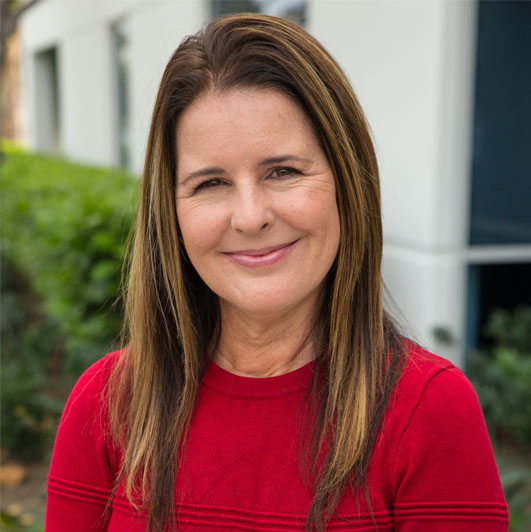Mark 12:28-37 (ESV)
28 And one of the scribes came up and heard them disputing with one another, and seeing that he answered them well, asked him, “Which commandment is the most important of all?” 29 Jesus answered, “The most important is, ‘Hear, O Israel: The Lord our God, the Lord is one. 30 And you shall love the Lord your God with all your heart and with all your soul and with all your mind and with all your strength.’ 31 The second is this: ‘You shall love your neighbor as yourself.’ There is no other commandment greater than these.” 32 And the scribe said to him, “You are right, Teacher. You have truly said that he is one, and there is no other besides him. 33 And to love him with all the heart and with all the understanding and with all the strength, and to love one’s neighbor as oneself, is much more than all whole burnt offerings and sacrifices.” 34 And when Jesus saw that he answered wisely, he said to him, “You are not far from the kingdom of God.” And after that no one dared to ask him any more questions. 35 And as Jesus taught in the temple, he said, “How can the scribes say that the Christ is the son of David? 36 David himself, in the Holy Spirit, declared, “‘The Lord said to my Lord, “Sit at my right hand, until I put your enemies under your feet.”’ 37 David himself calls him Lord. So how is he his son?” And the great throng heard him gladly.
After Jesus responded with authority and wisdom to the Sadducees who argued about marriage and the resurrection, an individual scribe, most likely a Pharisee, questioned Jesus. This scribe was not hostile and was seeking wisdom. He asked Jesus which commandment overarched all the other commandments, a question commonly asked of well-respected rabbis. Jesus said the most important of all the commandments is to love God. And then he said the other is to love your neighbor. Jesus added, “There is no other commandment greater than these,” again highlighting how important these two commandments are. The command to love God with the heart, soul, mind, and strength comes from Deuteronomy 6 and was known by the Jews as the Shema. The word shema comes from the Hebrew equivalent of “hear” in English. Deuteronomy 6:4 begins with “Hear, O Israel,” and then goes on to give the command to love God. The book of Leviticus teaches that one’s neighbor should be loved as much as oneself. The scribe was pleased with the answer Jesus gave. He replied by telling Jesus he was right, and he then repeated Jesus’ instruction. When Jesus heard the scribe’s response, he told him he wasn’t far from the kingdom of God. The scribe was beginning to “get it.”
The word “all” is used four times in verse 30. Jesus didn’t say “Love God with some of your heart, soul, mind, and strength,” or even “most of your heart, soul, mind and strength,” but “You shall love God with all your heart, and all your soul, and all your mind, and all your strength.” The scribe didn’t ask Jesus for a second commandment, but he gave it anyway: Love your fellow humans as much as you love yourself. Although the two commands are inseparable, at the same time, Jesus didn’t simply blend them into one hybrid command. We must love God first, and then we can love others the way we are called to. We can’t reverse the order. We don’t love others first so that we can love God. When you love God with all of your being, that love will be apparent in the way you treat others. An honest passion for God drives a sincere interest in the well-being of others. You can’t have a heart for Jesus without loving others. And remember, “others” includes both those you like and those you don’t.


 Stephanie is the Women’s Ministry Director at Compass Bible Church located in Aliso Viejo, CA. Her role as director includes teaching at women’s Bible studies and events, training women’s ministry leaders, engaging in biblical counseling and discipleship.…
Stephanie is the Women’s Ministry Director at Compass Bible Church located in Aliso Viejo, CA. Her role as director includes teaching at women’s Bible studies and events, training women’s ministry leaders, engaging in biblical counseling and discipleship.… 

Recent Comments